The Freqonomics podcast explores “the hidden side of everything.” This particular episode does a masterful job of charting the Internet’s trajectory from its inception (and before) to the present. Without being overly technical, it outlines some key trends that may threaten the original vision of the net as an open communication platform for everybody—and may also have profound impact on our greater society.
Category: 9.3 Internet Issues: Ethical and Political Dilemmas
Shaming and bullying existed long before the Internet age. But social networks have the power to magnify the negative impact of those activities, sometimes wrecking the lives of innocent people in the process. In this fascinating TED talk, Jon Ronson graphically illustrates this phenomenon with a true story and talks about what we need to do to minimize the consequences of Internet shaming.
[iframe id=”https://embed-ssl.ted.com/talks/jon_ronson_what_happens_when_online_shaming_spirals_out_of_control.html” align=”center” mode=”normal” autoplay=”yes” aspect_ratio=”4:3″ maxwidth=”720″]
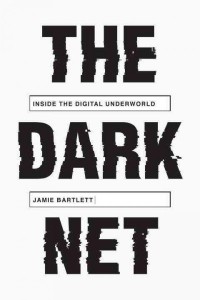 There are huge chunks of the Internet that can’t be found with your standard web browser. Criminals, anarchists, and trolls use encryption-enabled browsers to conduct their business anonymously in these dark corners of the net. In this fascinating Fresh Air interview, author Jamie Bartlett talks about his experiences in the dark net.
There are huge chunks of the Internet that can’t be found with your standard web browser. Criminals, anarchists, and trolls use encryption-enabled browsers to conduct their business anonymously in these dark corners of the net. In this fascinating Fresh Air interview, author Jamie Bartlett talks about his experiences in the dark net.
npr.org/sections/alltechconsidered/2015/06/03/411476653/infiltrating-the-dark-net-where-criminals-trolls-and-extremists-reign
Facebook made lots of headlines a few months ago when people discovered that their news feeds had been manipulated for research purposes. Many people were shocked that they’d been unwitting participants in massive social science studies. But similar research at Facebook has also been used to help the company to determine how to best help customers deal with unwanted posts. This Radiolab program explores the light and dark sides of Facebook’s gigantic social engineering projects.
www.radiolab.org/story/trust-engineers/
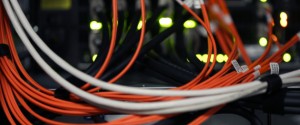 Net neutrality has been a core principle of the Internet since the beginning, but it’s been making lots of headlines lately. The FCC has ruled that net neutrality is the law of the land—at least for now. But what does that mean for you? This Huffington Post article focuses on that question and gives clear answers.
Net neutrality has been a core principle of the Internet since the beginning, but it’s been making lots of headlines lately. The FCC has ruled that net neutrality is the law of the land—at least for now. But what does that mean for you? This Huffington Post article focuses on that question and gives clear answers.
www.huffingtonpost.com/2015/02/26/fcc-net-neutrality-ruling_n_6761174.html
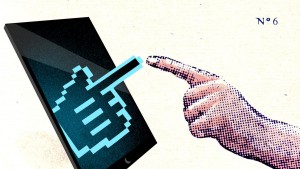 This is a big question with a multitude of answers. NPR’s new program/podcast Invisibilia answers with three stories. The first one looks at the big picture with questions about artificial intelligence, wearable computers, and the possibilities for human/computer co-evolution. The other two stories look at specific, personal, right-now examples of human character changes as a result of digital technology.
This is a big question with a multitude of answers. NPR’s new program/podcast Invisibilia answers with three stories. The first one looks at the big picture with questions about artificial intelligence, wearable computers, and the possibilities for human/computer co-evolution. The other two stories look at specific, personal, right-now examples of human character changes as a result of digital technology.
npr.org/programs/invisibilia/385792677/our-computers-ourselves
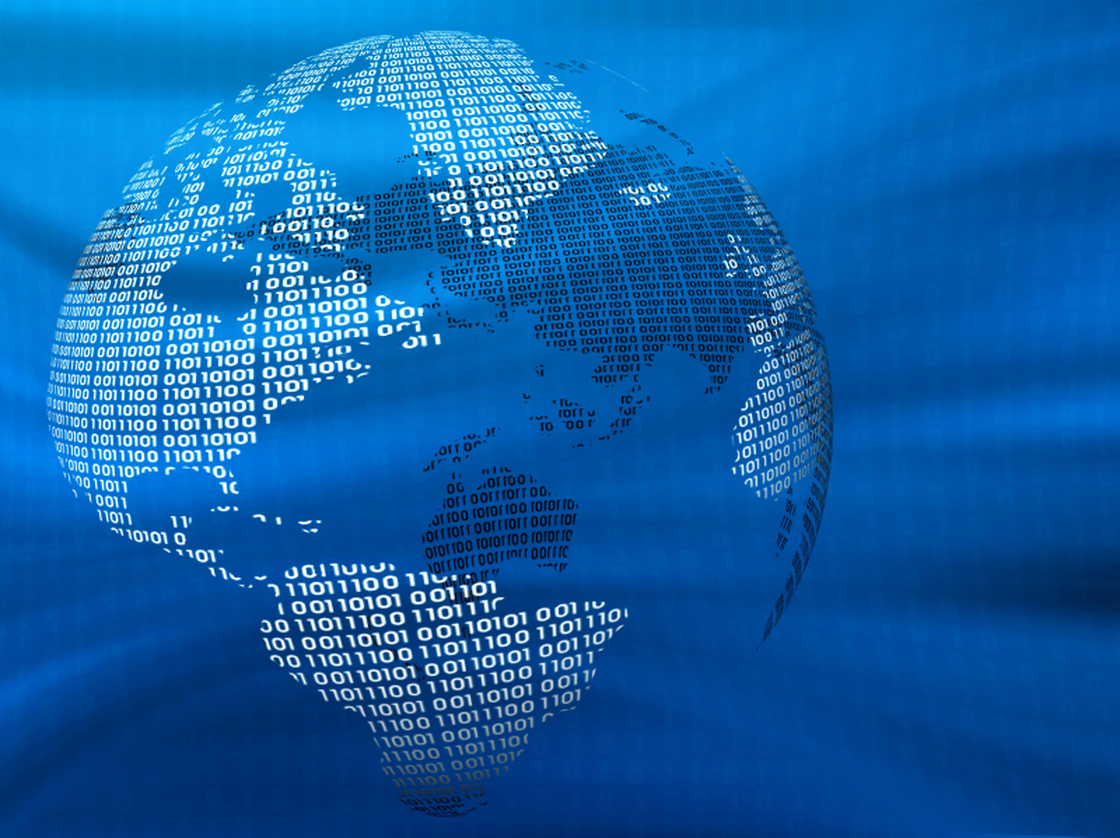 The Internet was created in the US, but you’d never know it based on the quality and price of service US Internet users get. In this NPR Fresh Air interview, author and professor Susan Crawford explains why US service is so slow, so expensive, and so inadequate for building future prosperity.
The Internet was created in the US, but you’d never know it based on the quality and price of service US Internet users get. In this NPR Fresh Air interview, author and professor Susan Crawford explains why US service is so slow, so expensive, and so inadequate for building future prosperity.
npr.org/blogs/alltechconsidered/2014/02/06/272480919/when-it-comes-to-high-speed-internet-u-s-falling-way-behind
 For most of us, the word “addiction” evokes images of people whose lives are controlled by drugs. But for many people—especially younger men—addictions aren’t about chemicals; they’re about technology. This touching NPR story profiles patients in a clinic that specializes in helping tech addicts retake control of their lives.
For most of us, the word “addiction” evokes images of people whose lives are controlled by drugs. But for many people—especially younger men—addictions aren’t about chemicals; they’re about technology. This touching NPR story profiles patients in a clinic that specializes in helping tech addicts retake control of their lives.
npr.org/2013/10/20/238095806/when-playing-video-games-means-sitting-on-lifes-sidelines
 Every day millions of people share text, photos, music, and video on the Internet. But until recently, there hasn’t been much interest in sharing non-musical sound. According to Wired contributor Clive Davis, we may be entering a new age of Internet audio. How does that sound to you?
Every day millions of people share text, photos, music, and video on the Internet. But until recently, there hasn’t been much interest in sharing non-musical sound. According to Wired contributor Clive Davis, we may be entering a new age of Internet audio. How does that sound to you?
wired.com/opinion/2013/08/ap_thompson/
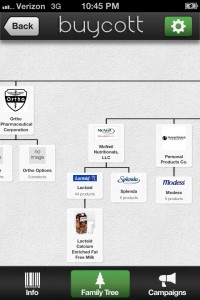 Did you ever wonder who gets your money when you go shopping? You may, without knowing it, be donating your hard-earned cash to people and corporations who use it to fund campaigns that go against your beliefs and values. This Forbes article describes Buycott, a smart phone app that can instantly reveal the secret origins of the items in your shopping cart. Whether you’re concerned about a cleaner environment or a more equitable society or something else, technology can help you vote with your wallet every time you shop.
Did you ever wonder who gets your money when you go shopping? You may, without knowing it, be donating your hard-earned cash to people and corporations who use it to fund campaigns that go against your beliefs and values. This Forbes article describes Buycott, a smart phone app that can instantly reveal the secret origins of the items in your shopping cart. Whether you’re concerned about a cleaner environment or a more equitable society or something else, technology can help you vote with your wallet every time you shop.
forbes.com/sites/clareoconnor/2013/05/14/new-app-lets-you-boycott-koch-brothers-monsanto-and-more-by-scanning-your-shopping-cart/